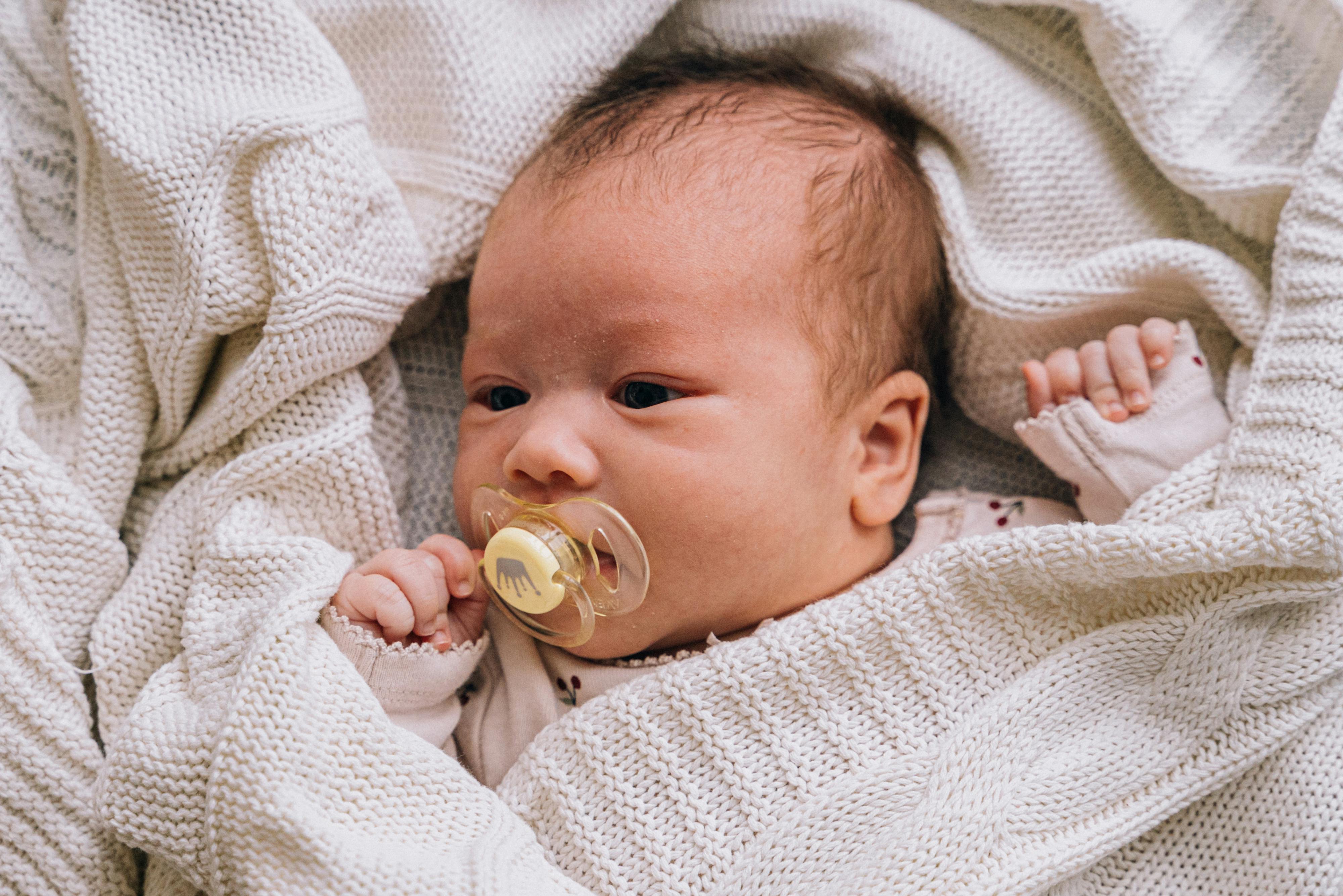Table of Contents
Building a Relationship Based on Trust
Building trust with your babysitter starts from the moment you first meet. Take the time to get to know your babysitter and discuss their experience and qualifications. Ask for references and follow up with them to ensure that your babysitter is reliable and trustworthy. It’s also important to trust your instincts – if something doesn’t feel right, don’t hesitate to find a different babysitter.
Once you’ve hired a babysitter, take the time to build a relationship based on trust and mutual respect. Treat your babysitter as a valued member of your family and show them appreciation for the care and attention they provide to your child. By creating a positive and welcoming environment, you can establish a strong foundation of trust that will benefit both you and your babysitter in the long run.
On-Demand Childcare in Your Neighborhood
Book a Sitter
Establishing Clear Expectations
Establishing clear expectations is essential for building trust with your babysitter. Clearly communicate your expectations regarding duties, schedules, and any specific instructions or preferences you may have. Make sure your babysitter understands your child’s routine, any allergies or medical conditions, and emergency procedures. Providing clear and detailed information will help your babysitter feel confident and prepared to care for your child.
In addition to setting clear expectations, it’s important to establish boundaries and guidelines for behavior. Discuss rules around screen time, discipline, and mealtime, and make sure your babysitter understands and respects your household rules. By setting clear boundaries and expectations from the start, you can prevent misunderstandings and ensure that both you and your babysitter are on the same page.
Open Communication is Key
Open communication is essential for building trust with your babysitter. Encourage your babysitter to ask questions, seek clarification, and communicate any concerns or issues they may have. Likewise, make sure to keep the lines of communication open on your end as well. Provide updates on your child’s behavior, routines, and any changes or updates to schedules.

Regularly check in with your babysitter to see how things are going and if there are any areas where they may need additional support or guidance. By fostering open and honest communication, you can build a strong relationship based on trust and understanding. Remember that communication is a two-way street and that both you and your babysitter play a role in maintaining a positive and effective line of communication.
Respecting Boundaries
Respecting boundaries is crucial for building trust with your babysitter. Make sure to establish boundaries around privacy, personal space, and personal belongings. Respect your babysitter’s time by providing clear instructions and schedules and by being punctual when returning home. Avoid micromanaging your babysitter and give them the space and autonomy to care for your child in their own way.
Similarly, make sure to set boundaries around payment, scheduling, and any additional responsibilities that may arise. Treat your babysitter with respect and professionalism, and make sure to address any issues or concerns in a timely and respectful manner.
By respecting boundaries and maintaining a professional relationship, you can build a foundation of trust and respect that will benefit both you and your babysitter.
Showing Appreciation and Providing Feedback
Showing appreciation and providing feedback are important aspects of building trust with your babysitter. Take the time to thank your babysitter for their hard work and dedication, and show appreciation for the care and attention they provide to your child. Consider leaving a small token of appreciation, such as a thank you note or a small gift, to show your gratitude for their services.
In addition to showing appreciation, make sure to provide feedback to your babysitter on their performance. Offer constructive feedback and praise when appropriate, and address any concerns or issues in a respectful and constructive manner. Regularly check in with your babysitter to see how things are going and if there are any areas for improvement. By showing appreciation and providing feedback, you can build a strong and positive relationship based on trust, respect, and open communication.
In conclusion, building trust with your babysitter is essential for establishing a strong and positive relationship. By focusing on clear expectations, open communication, respect for boundaries, and showing appreciation and providing feedback, you can create a trusting and supportive relationship with your babysitter that benefits both you and your child. Remember that trust is a two-way street, and by investing time and effort into building a relationship based on trust and respect, you can enjoy peace of mind knowing that your child is in good hands.










